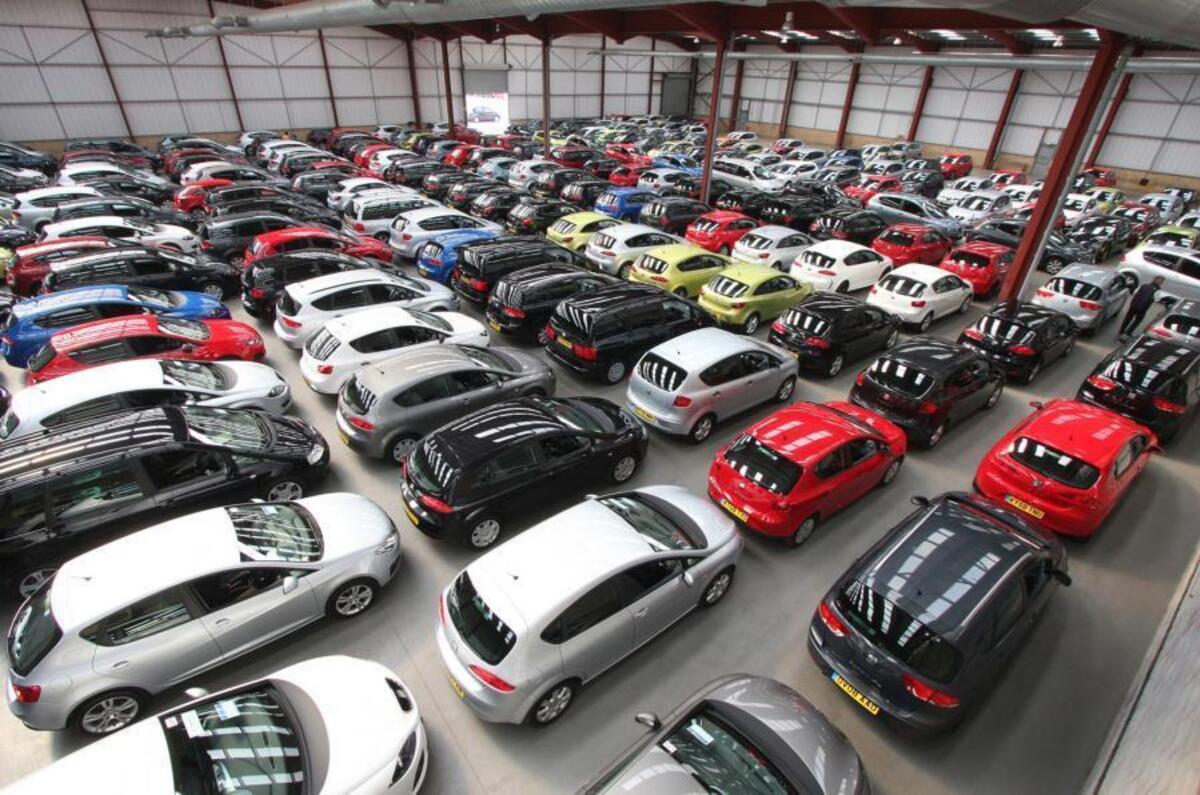The volume of ICE cars entering the used car market is set to decline by as much as 69% by 2028 as car makers prioritise EV sales to hit government-legislated targets.
This forecast, from Cox Automotive, also calls on dealers to “prepare now” or be left behind as more EVs begin to trickle into the used car parc, replacing the more sought-after ICE cars.




Add your comment